As Istanbul residents go about their daily routines, a silent but persistent threat lingers in the air – pollution. With dust storms from North Africa expected to affect the city for a week starting March 11, air quality has become a major concern. Monitoring stations across the city provide real-time data, painting a picture of varying air pollution levels in different districts.
Göztepe stood out this evening with the highest pollution levels, raising alarms for residents in the area. In contrast, Kumköy emerged as a breath of fresh air, recording the cleanest atmosphere. Other areas with good air quality included Sarıyer, Arnavutköy, Silivri and Maslak, offering residents in these districts relatively healthier breathing conditions. These contrasting figures highlight the stark differences in air quality across Istanbul, where environmental conditions shift significantly from one district to another.
The Ministry of Environment, Urbanization and Climate Change, along with the Istanbul Metropolitan Municipality’s Environmental Protection and Control Department, continue to track pollution levels through their respective monitoring networks. The recorded values classify air quality into six categories: Good (0-50), Moderate (50-100), Sensitive (100-150), Unhealthy (150-200), Poor (200-300) and Hazardous (300-500).
While some districts enjoy relatively cleaner air, others struggle with moderate pollution. Areas such as Alibeyköy, Beylikdüzü, Kadıköy, Üsküdar and Kartal fall into the moderate category, where air quality remains tolerable but not ideal.
On the other end of the spectrum, neighborhoods like Göztepe D-100, Aksaray, Bağcılar, Esenyurt and Tuzla are experiencing heightened pollution levels. Residents in these areas may be more vulnerable to health risks associated with poor air quality, particularly those with respiratory conditions.
Authorities urge citizens to stay informed about air quality updates, especially with the anticipated arrival of Saharan dust, which could further exacerbate pollution levels. As the city navigates these environmental challenges, continuous monitoring and awareness remain key to mitigating the impact of air pollution on public health.


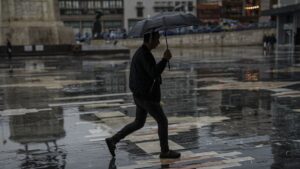












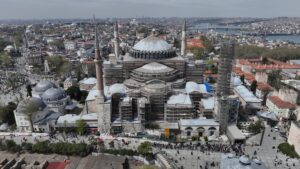

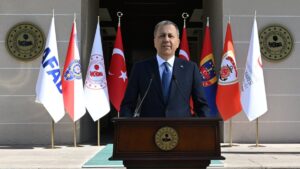
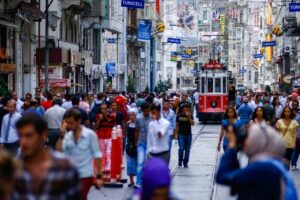
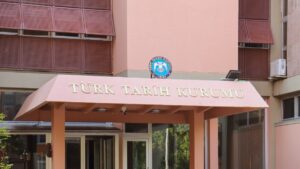




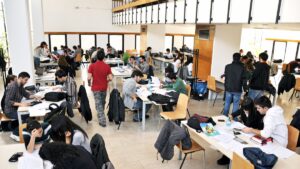



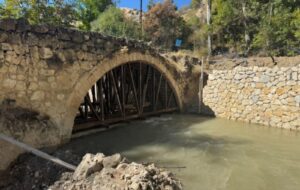

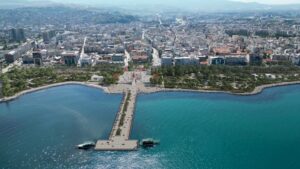
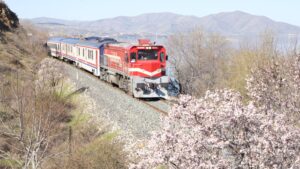
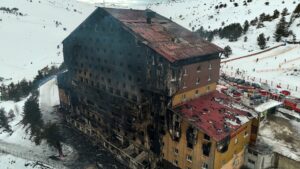

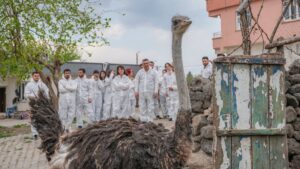
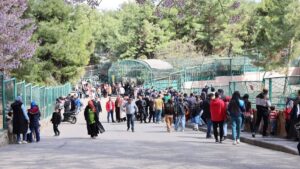
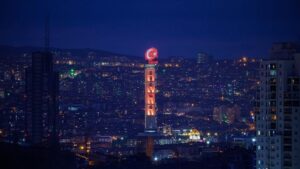


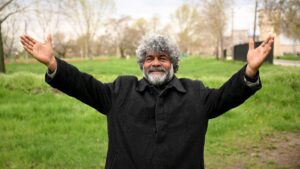

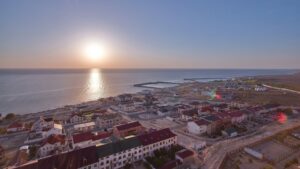
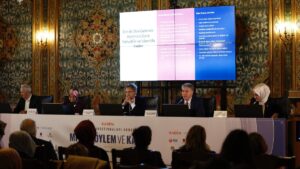

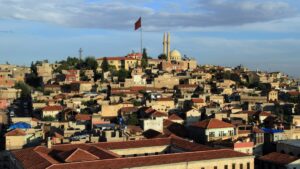
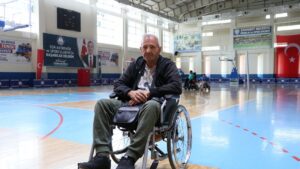

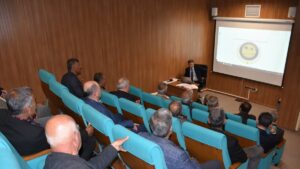




Be First to Comment